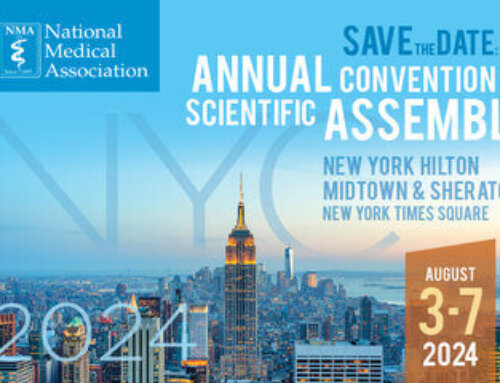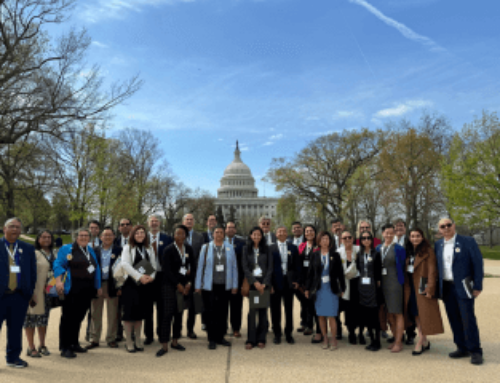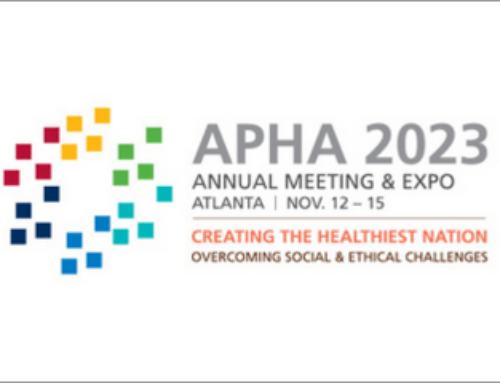Congratulations to all American Academy of Sleep MEdicine (AASM) members in Georgia on the passage of House Bill 509 (HB 509). The bill, titled "Professions and businesses; regulation; change provisions" establishes exemption language for sleep technologists in the Georgia Respiratory Care Act. On May 12, Governor Sonny Perdue signed the bill which states that sleep technologists are not required to obtain a respiratory therapy license in order to perform polysomnography. The bill also contains additional language which defines polysomnography, polysomnographic technologists, physician supervision, and duties polysomnographic technologists are prohibited from performing.
Over the last few months, AASM has been working with the Georgia Association of Sleep Professionals (GASP) to help ensure the passage of HB 509. GASP worked intimately with the Governor’s staff on developing the exemption and definition language. Members can view the full text of the bill on the Georgia General Assembly Web site.
The provisions addressing polysomnography is extracted below since the language was included in an 106-page omnibus bill:
- ‘Polysomnography’ means the treatment, management, diagnostic testing, control, education, and care of patients with sleep and wake disorders. Polysomnography includes, but is not limited to, the process of analysis, monitoring, and recording of physiologic data during sleep and wakefulness to assist in the treatment of disorders, syndromes, and dysfunctions that are sleep related, manifest during sleep, or disrupt normal sleep activities. Polysomnography also includes, but is not limited to, the therapeutic and diagnostic use of low-flow oxygen, the use of positive airway pressure including continuous positive airway pressure (CPAP) and bi-level modalities, adaptive servo-ventilation, and maintenance of nasal and oral airways that do not extend into the trachea.
- ‘Polysomnographic technologist’ means any person performing polysomnography services under the supervision of a person licensed under this article.
- ‘Supervision’ means that the supervising physician licensed under this article shall remain available, either in person or through telephonic or electronic means, at the time that polysomnography services are provided.
- As used in this Code section, the term:
- ‘Polysomnography’ means the treatment, management, diagnostic testing, control, education, and care of patients with sleep and wake disorders. Polysomnography includes, but is not limited to, the process of analysis, monitoring, and recording of physiologic data during sleep and wakefulness to assist in the treatment of disorders, syndromes, and dysfunctions that are sleep related, manifest during sleep, or disrupt normal sleep activities. Polysomnography also includes, but is not limited to, the therapeutic and diagnostic use of low-flow oxygen, the use of positive airway pressure including continuous positive airway pressure (CPAP) and bi-level modalities, adaptive servo-ventilation, and maintenance of nasal and oral airways that do not extend into the trachea.
- ‘Polysomnographic technologist’ means any person performing polysomnography services under the supervision of a person licensed under this article.
- ‘Supervision’ means that the supervising physician licensed under this article shall remain available, either in person or through telephonic or electronic means, at the time that polysomnography services are provided.
- A physician may delegate tasks involving polysomnography to a polysomnographic technologist without regard to whether such technologist is certified or licensed as a respiratory care therapist under Article 6 of this chapter.
- Nothing in this Code section shall be construed to:
- Permit the practice of medicine as defined in this article by polysomnographic technologists;
- Prohibit a health care provider licensed in this state from engaging in the practice for which he or she is licensed, including, but not limited to, respiratory care professionals;
- Authorize a polysomnographic technologist to treat, manage, control, educate, or care for patients other than those with sleep or wake disorders or to provide diagnostic testing for patients other than those with suspected sleep or wake disorders.
- As used in this Code section, the term:








